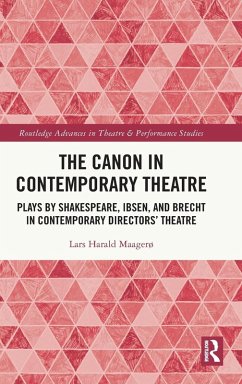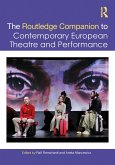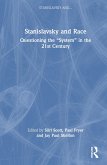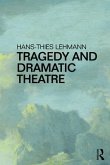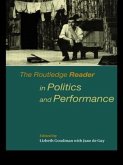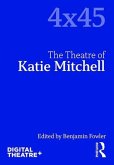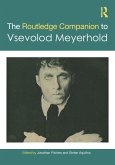This book explores the relationship between contemporary theatre, particularly contemporary theatre directors, and the dramatic canon of plays.
Through focusing on productions of plays by three canonical playwrights (Shakespeare, Ibsen, and Brecht) by eight contemporary European directors (Michael Buffong, Joe Hill-Gibbins, and Emma Rice from the UK, Christopher Rüping from Germany, Thorleifur Örn Arnarsson from Iceland, and Kjeriski Hom, Alexander Mørk-Eidem, and Sigrid Strøm Reibo from Norway) the book investigates why and how the theatre continues to engage with canonical plays. In particular, the book questions the political and cultural implications of theatrical reproductions of the literary canon. Drawing on Chantal Mouffe's theories of agonism and 'critical art,' the book investigates whether theatrical reproduction of the canon always reconstitutes the hegemonic values and ideologies of the canon, or whether theatrical interventions in the canon can challenge such values and ideologies, and thereby also challenge the dominant ideologies and hegemonies of contemporary culture and society.
This study will be of great interest to academics and students in drama and theatre, particularly those who work with theatre in the twenty-first century, directors' theatre, and the political impact of theatre.
Through focusing on productions of plays by three canonical playwrights (Shakespeare, Ibsen, and Brecht) by eight contemporary European directors (Michael Buffong, Joe Hill-Gibbins, and Emma Rice from the UK, Christopher Rüping from Germany, Thorleifur Örn Arnarsson from Iceland, and Kjeriski Hom, Alexander Mørk-Eidem, and Sigrid Strøm Reibo from Norway) the book investigates why and how the theatre continues to engage with canonical plays. In particular, the book questions the political and cultural implications of theatrical reproductions of the literary canon. Drawing on Chantal Mouffe's theories of agonism and 'critical art,' the book investigates whether theatrical reproduction of the canon always reconstitutes the hegemonic values and ideologies of the canon, or whether theatrical interventions in the canon can challenge such values and ideologies, and thereby also challenge the dominant ideologies and hegemonies of contemporary culture and society.
This study will be of great interest to academics and students in drama and theatre, particularly those who work with theatre in the twenty-first century, directors' theatre, and the political impact of theatre.

